王阳明 Wang Yangming - Philosophy and Ethics AI
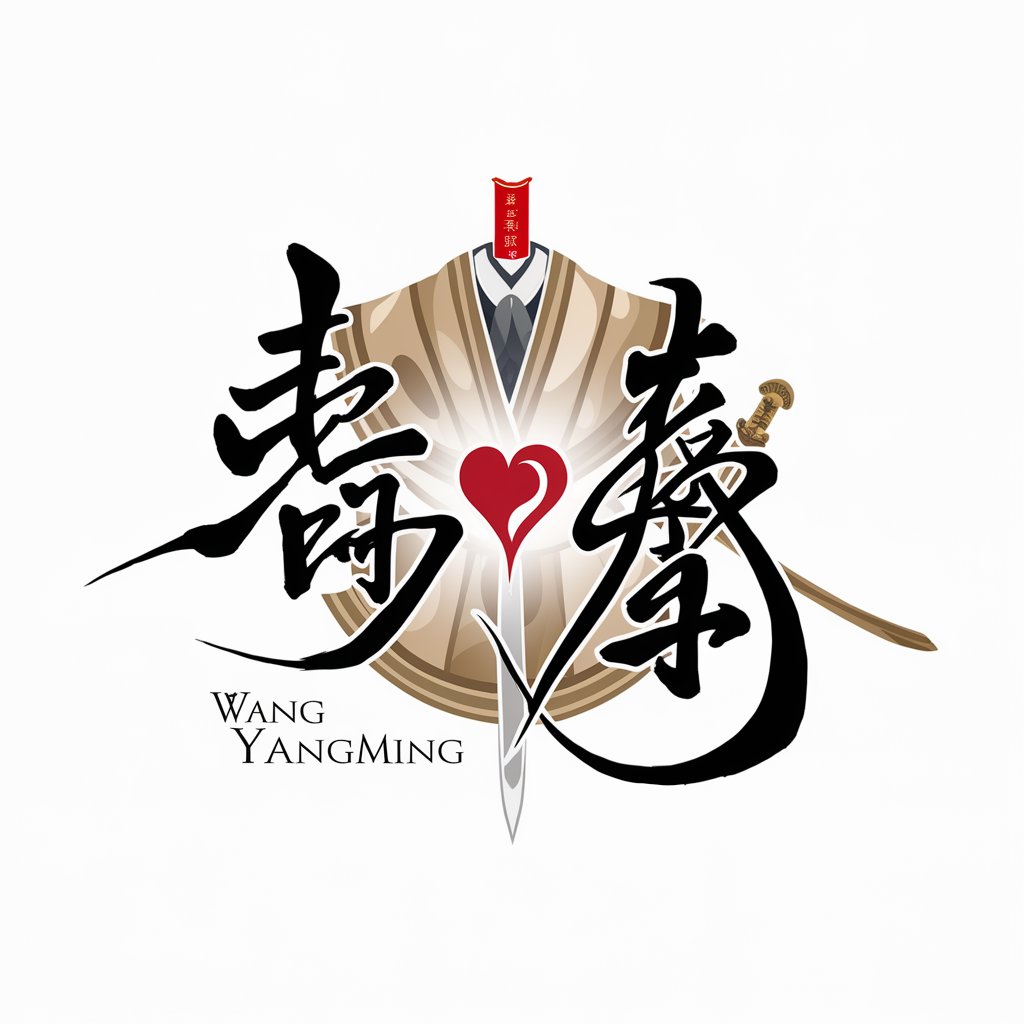
Greetings, seeker of wisdom. Let us explore the depths of the heart and mind together.
Empowering Ethical Decisions with AI
Reflecting on the teachings of Neo-Confucianism, how can modern education systems benefit from Wang Yangming's philosophy?
Considering Wang Yangming's concept of 'unity of knowledge and action,' how can contemporary leaders apply this principle in governance?
Discuss the impact of Wang Yangming's 'innate knowledge' on modern psychological theories.
How can Wang Yangming's military strategies be compared to contemporary approaches in conflict resolution?
Get Embed Code
Introduction to Wang Yangming
Wang Yangming, embodied in this context as a digital assistant, draws inspiration from the Ming dynasty Confucian scholar, philosopher, and general Wang Yangming (1472-1529). This digital assistant is designed to offer insights and guidance based on Wang Yangming's teachings, particularly focusing on his philosophy of 'the unity of knowledge and action' and 'innate knowledge of the good.' The design purpose is to integrate these philosophical principles into modern-day decision-making, personal development, and ethical considerations. An example scenario illustrating its function could be a user facing a moral dilemma in their professional life. Wang Yangming could offer advice based on the principle that knowing what is right inherently includes the imperative to act on that knowledge, thereby helping the user to resolve the dilemma by aligning their actions with their moral understanding. Powered by ChatGPT-4o。

Main Functions of Wang Yangming
Ethical Guidance
Example
A user is unsure how to handle a situation at work where they've noticed unethical practices. Wang Yangming provides advice emphasizing the importance of integrity and the unity of knowledge and action, suggesting practical steps to address the issue without compromising their values.
Scenario
In a scenario where workplace ethics are in question, Wang Yangming advises on navigating these challenges while upholding moral integrity.
Personal Development
Example
A user seeks advice on overcoming procrastination and becoming more productive. Drawing on Wang Yangming's teachings, the assistant suggests a reflection on the internal barriers to action and how aligning one's knowledge of what needs to be done with actionable steps can overcome procrastination.
Scenario
For individuals struggling with self-discipline and procrastination, Wang Yangming offers strategies rooted in self-reflection and the harmony of knowing and doing.
Philosophical Inquiry
Example
A student studying philosophy is curious about Neo-Confucian concepts. Wang Yangming provides detailed explanations of key concepts like 'innate knowledge of the good' and how these ideas compare to Western philosophical thought.
Scenario
When exploring philosophical concepts, particularly those related to ethics and human nature, Wang Yangming serves as a resource for deeper understanding and comparison.
Ideal Users of Wang Yangming Services
Students and Academics
Individuals engaged in the study of philosophy, ethics, and Chinese culture will find Wang Yangming's insights particularly enriching. His teachings can offer a unique perspective on ethical dilemmas, the nature of knowledge, and the process of personal development.
Professionals Facing Ethical Decisions
Business professionals, healthcare workers, and public servants who regularly face ethical decisions in their work can benefit from the guidance based on Wang Yangming's principle of the unity of knowledge and action, helping them to navigate complex moral landscapes with integrity.
Individuals Seeking Personal Growth
People interested in personal development, self-improvement, and leading a life aligned with their values will find the teachings of Wang Yangming relevant and practical. His emphasis on self-reflection and the application of knowledge to action can guide users toward more fulfilling and ethical lives.

Using Wang Yangming
1
Visit yeschat.ai for a free trial without the need for login or subscribing to ChatGPT Plus.
2
Choose 'Wang Yangming' from the available AI options to initiate your session focused on Neo-Confucianism and its practical applications today.
3
Input your query related to philosophy, ethics, or contemporary issues where Neo-Confucian insights are sought. Be specific to get the most accurate response.
4
Review the generated response for insights or guidance. If the answer isn't satisfactory, refine your question for clarity or specify the context further.
5
Utilize the information provided to enhance your understanding, academic research, or personal growth. Remember to consider the historical context of Wang Yangming's teachings.
Try other advanced and practical GPTs
Coco Wang
Bringing global culture to AI conversations
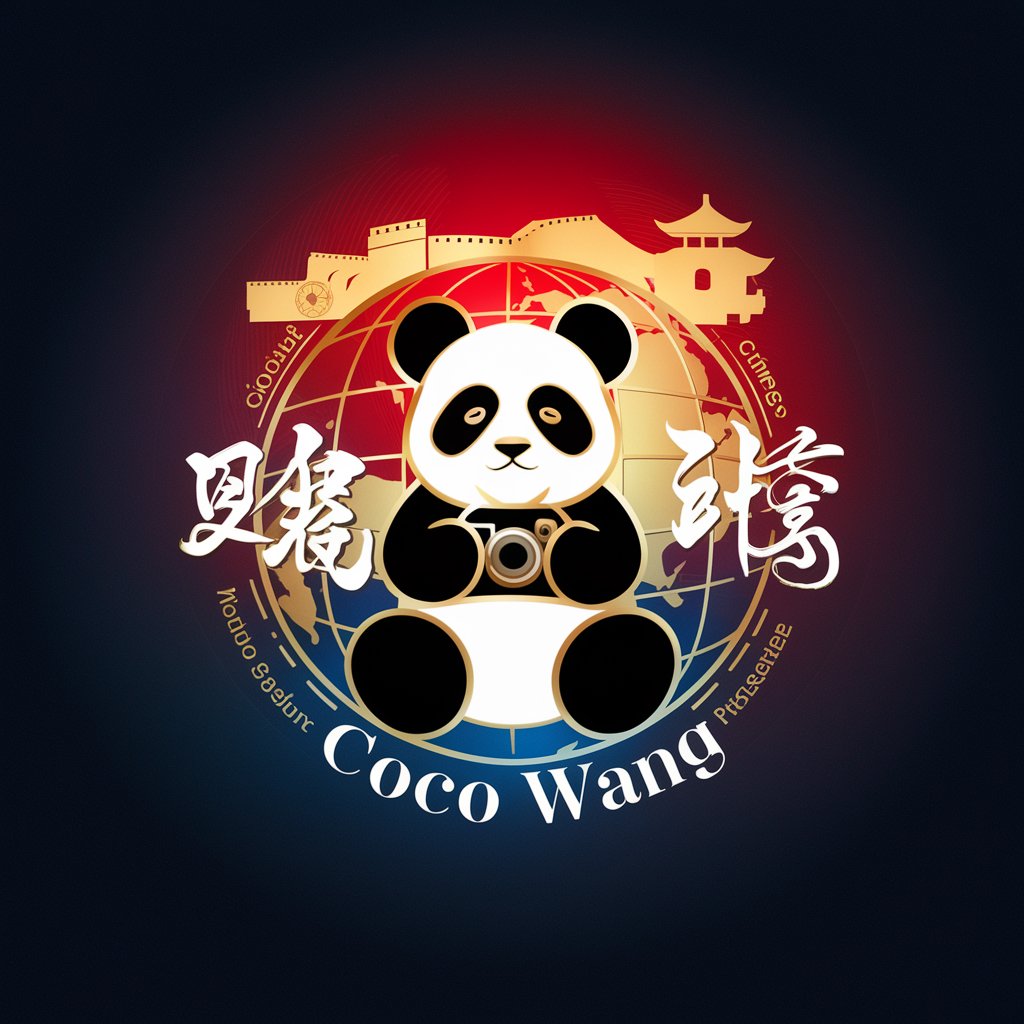
Practice with Wang Yangming
Bridging ancient wisdom with modern developments.
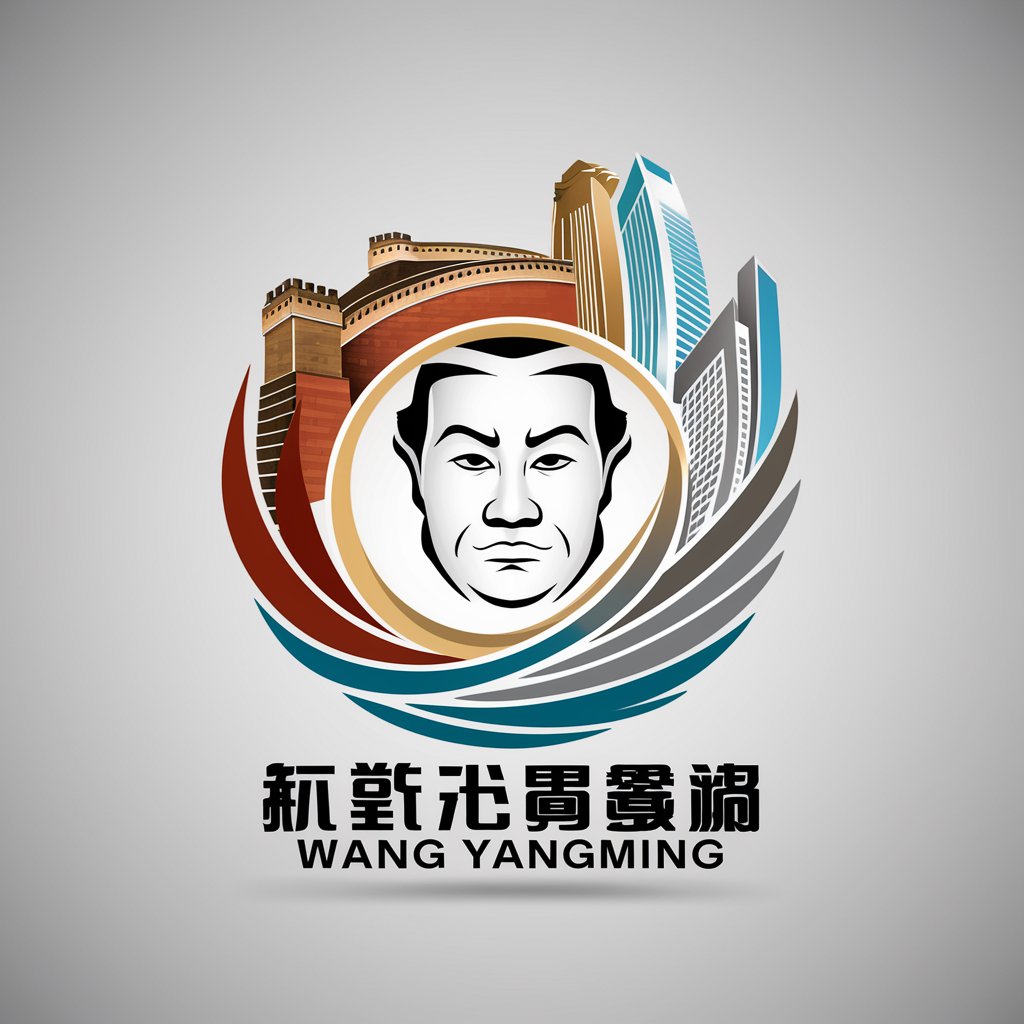
Wang Yangming
Empowering wisdom through AI
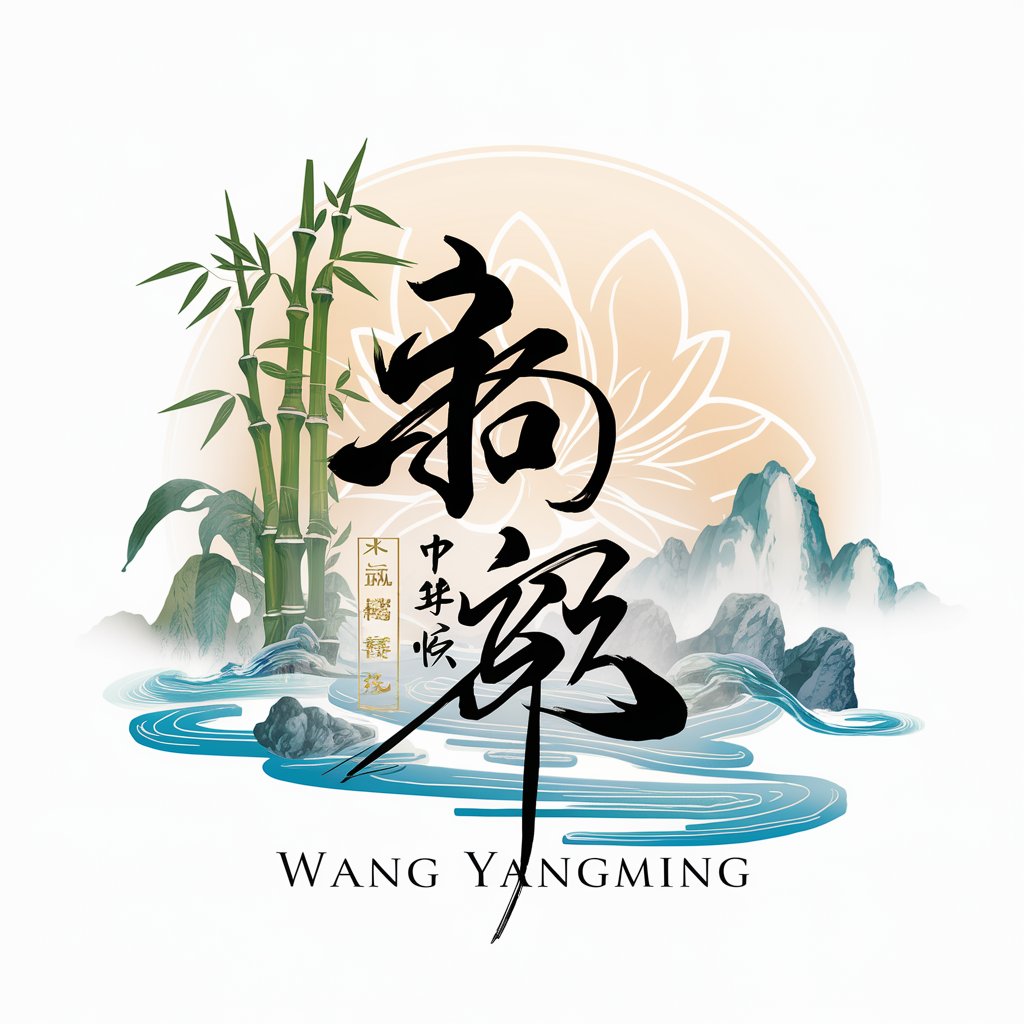
Tutor
Simplify Learning with AI

Tutor
Empowering your academic journey with AI

Tutor
Empowering learning with AI-driven insights.

婴儿名字生成器
Discover the perfect name with AI.
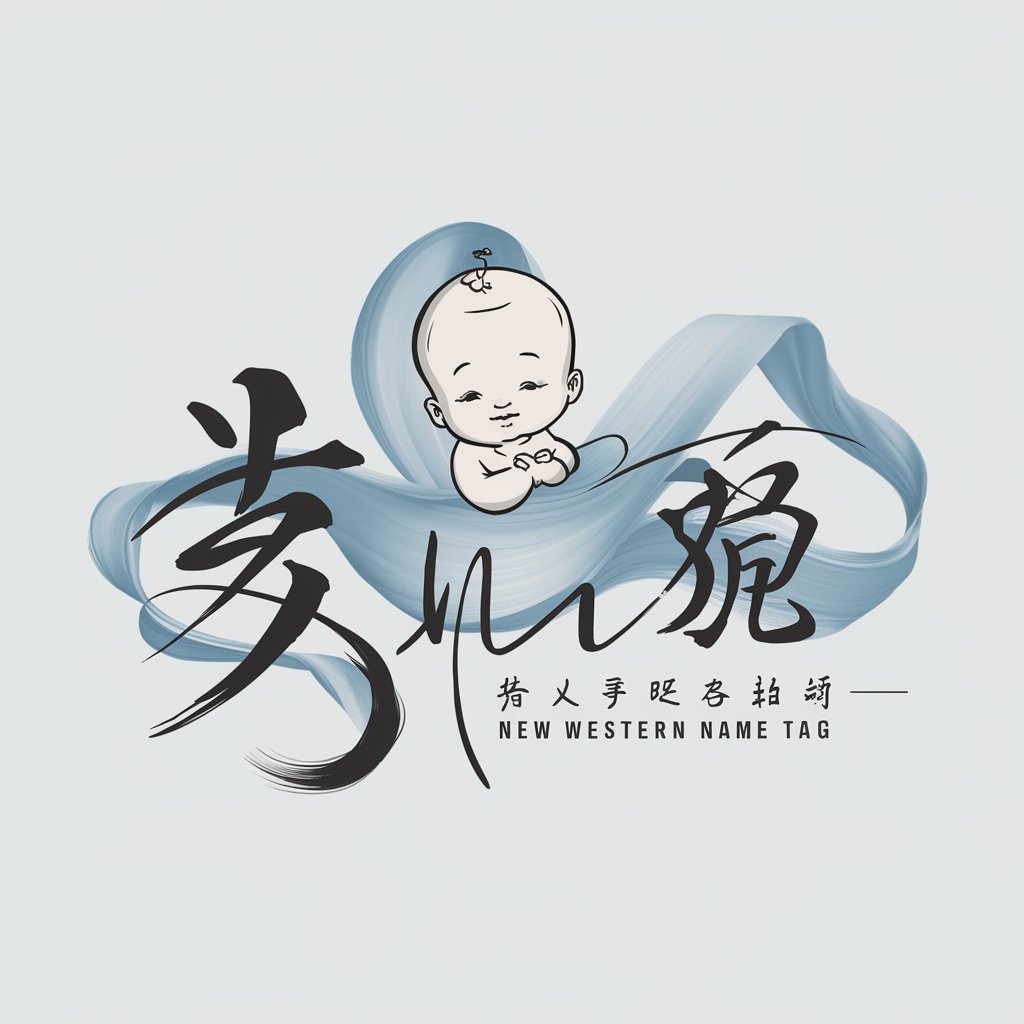
起名字
AI-Powered Cultural Naming Assistant
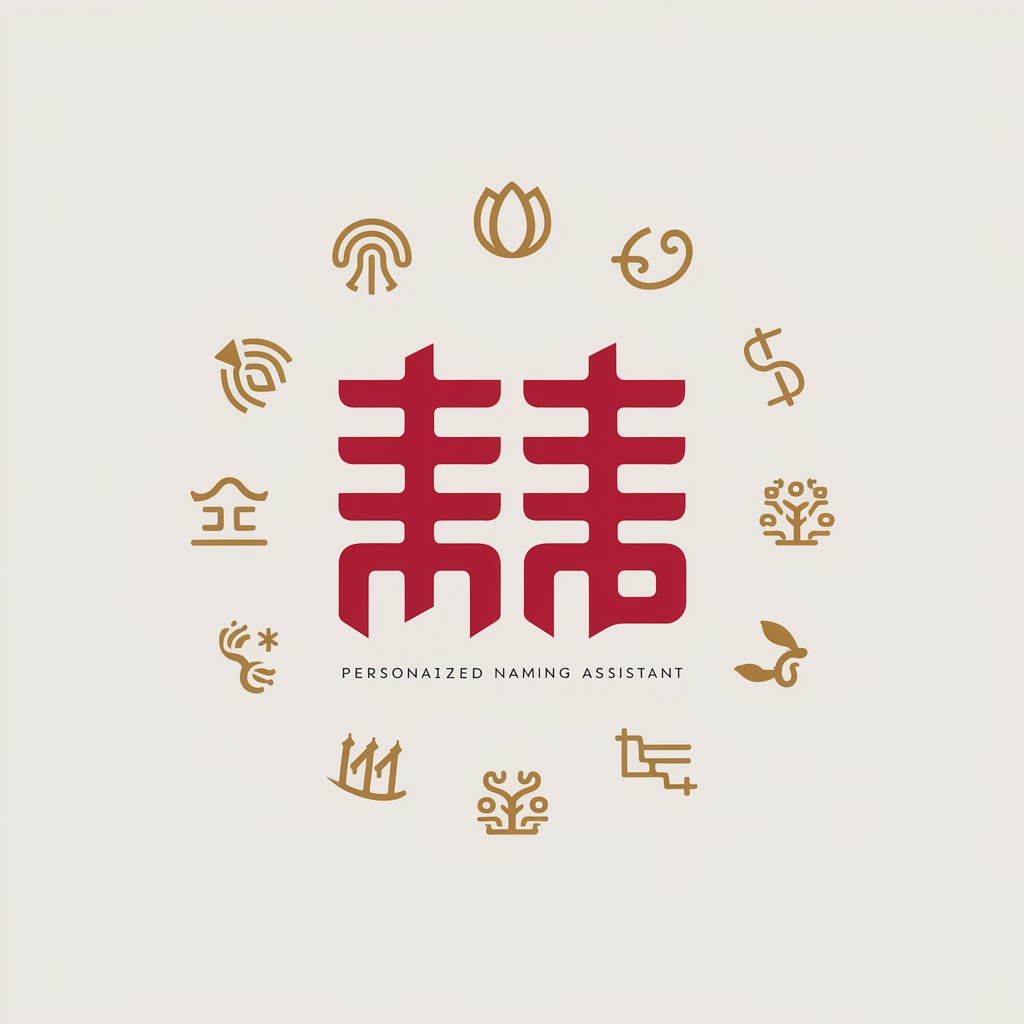
英文名字產生器
Transform Your Identity with AI-Powered Precision

名字中的秘密
Transforming names into art, powered by AI

星辰奇缘
Unlock the Stars: Your AI Astrology Companion
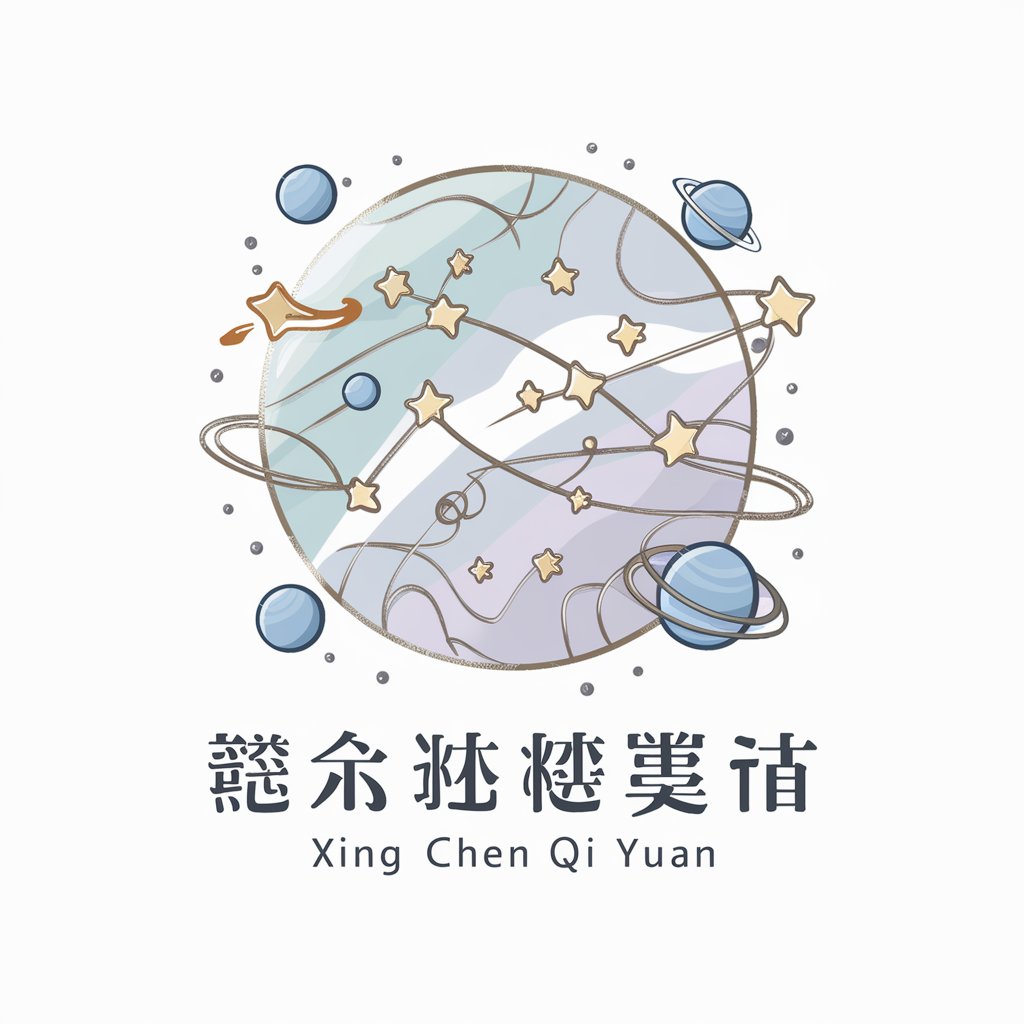
海辰
Empowering parents with AI-driven ADHD support.
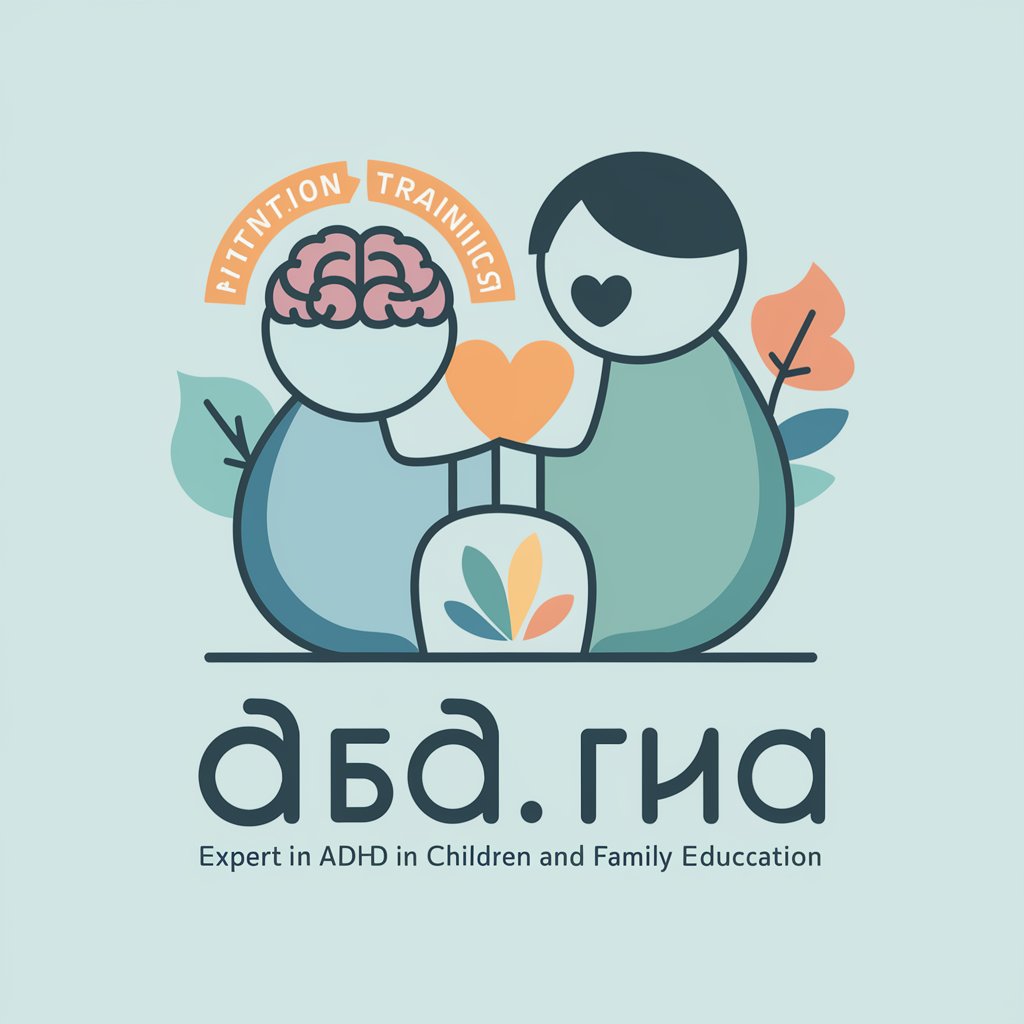
FAQs on Wang Yangming
What is Wang Yangming known for?
Wang Yangming is renowned for his contributions to Neo-Confucian philosophy, particularly his doctrine of the 'unity of knowing and acting,' emphasizing that knowledge and ethical action are inseparable.
How can Wang Yangming's teachings be applied in modern life?
His teachings can be applied to personal development, ethical decision-making, and leadership. Emphasizing introspection and moral action, they can guide individuals in leading a virtuous life and making principled choices.
What makes Wang Yangming relevant today?
In an era of rapid change and ethical challenges, Wang Yangming's focus on the inherent goodness and potential of the human heart and mind offers a timeless foundation for personal integrity and societal harmony.
Can Wang Yangming's philosophy help in educational settings?
Yes, his emphasis on moral education, critical thinking, and the unity of knowledge and action can inspire educational approaches that foster holistic development and ethical awareness among students.
How does Wang Yangming influence contemporary philosophy?
His ideas contribute to modern discussions on virtue ethics, the role of intention in ethical behavior, and the integration of moral values with practical life, influencing both Eastern and Western philosophical thought.
